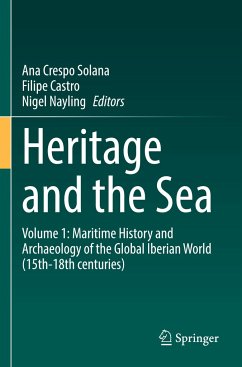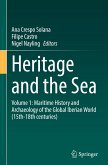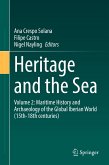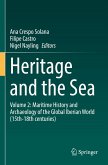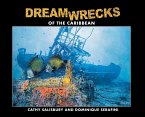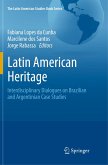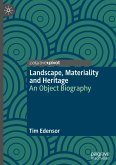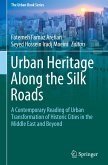This two-volume set highlights the importance of Iberian shipbuilding in the centuries of the so-called first globalization (15th to 18th), in confluence with an unprecedented extension of ocean navigation and seafaring and a greater demand for natural resources (especially timber), mostly oak (Quercus spp.) and Pine (Pinus spp.). The chapters are framed in a multidisciplinary and interdisciplinary line of research that integrates history, Geographic Information Sciences, underwater archaeology, dendrochronology and wood provenance techniques. This line of research was developed during the ForSEAdiscovery project, which had a great impact in the academic and scientific world and brought together experts from Europe and America. The volumes deliver a state-of-the-art review of the latest lines of research related to Iberian maritime history and archaeology and their developing interdisciplinary interaction with dendroarchaeology. This synthesis combines ananalysis of historical sources, the systematic study of wreck-remains and material culture related to Iberian seafaring from the 15th to the 18th centuries, and the application of earth sciences, including dendrochronology. The set can be used as a manual or work guide for experts and students, and will also be an interesting read for non-experts interested in the subject.
Volume 1 focuses on the history and archaeology of seafaring and shipbuilding in the Iberian early modern world, complemented by case studies on timber trade and supply for shipbuilding, analysis of shipbuilding treatises, and the application of Geographic Information Systems and Databases (GIS) to the study of shipwrecks.
Volume 1 focuses on the history and archaeology of seafaring and shipbuilding in the Iberian early modern world, complemented by case studies on timber trade and supply for shipbuilding, analysis of shipbuilding treatises, and the application of Geographic Information Systems and Databases (GIS) to the study of shipwrecks.
"This book completes an original two-volume work that gathers a series of historical, archaeological, and archaeo-metric studies on the Iberian maritime heritage of the early modern period ... . I strongly encourage scholars and students of archaeology, history, and related disciplines to enjoy this excellent research." (Nicolas C. Ciarlo, International Journal of Nautical Archaeology, June 7, 2024)
"The reader will find well-balanced multi-author chapters that result in a coherent, unified volume. The original outcomes compiled by Crespo Solana, Castro, and Nayling reveal the potential of transcending disciplinary boundaries and sharing in research. This work will soon become a major reference for both scholars and students of archaeology and history interested in early modern European nautical technology, shipbuilding, and seafaring." (Nicolas C. Ciarlo, The International Journal of Nautical Archaeology, September 18, 2023)
"The reader will find well-balanced multi-author chapters that result in a coherent, unified volume. The original outcomes compiled by Crespo Solana, Castro, and Nayling reveal the potential of transcending disciplinary boundaries and sharing in research. This work will soon become a major reference for both scholars and students of archaeology and history interested in early modern European nautical technology, shipbuilding, and seafaring." (Nicolas C. Ciarlo, The International Journal of Nautical Archaeology, September 18, 2023)

